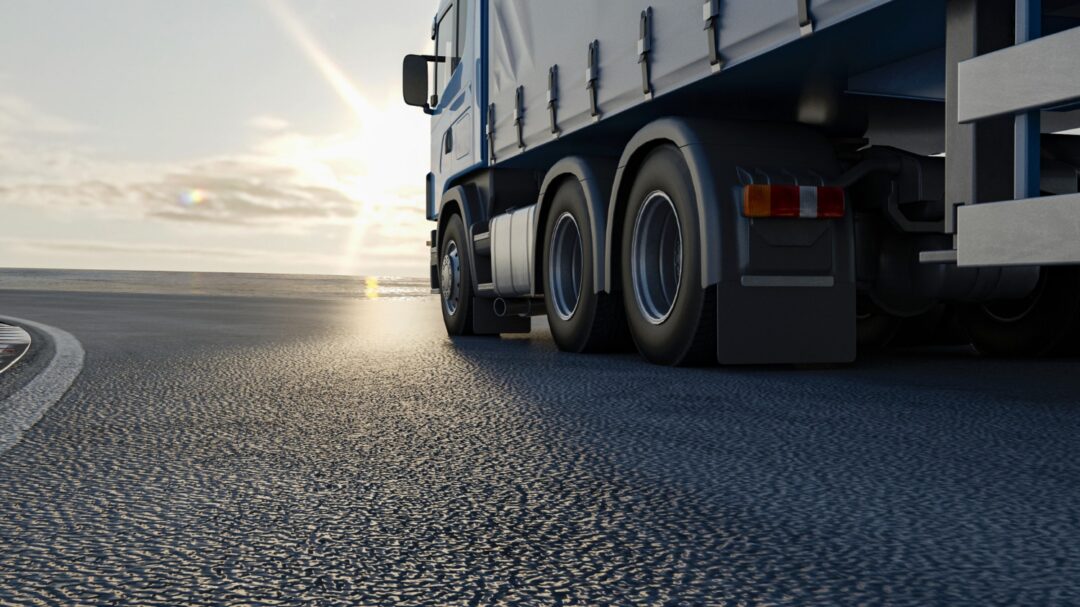New off-payroll working rules were brought in last April and it is important that haulage firms and driving agencies check that they are compliant with the new rules.
What are the off-payroll working rules?
The IR35 legislation was introduced in 2000 to ensure that individuals working through an intermediary (often a personal service company – PSC) pay broadly the same amount of income tax and national insurance contributions as direct employees.
The off-payroll working rules stipulate who is responsible for determining the employment status and paying the necessary tax and NICs.
What has changed?
The off-payroll working rules were reformed for the public sector in April 2017. This shifted the responsibility for determining employment status and paying the necessary tax and NICs from the individual working through the intermediary to the public authority engaging them.
The reformed rules were extended to medium and larger-sized businesses in the private sector from April 2021. Prior to this date, it was the responsibility of the PSC to consider employment status and account for tax and NICs where necessary, but from April 2021 this responsibility shifted to the engager.
In February 2021, HMRC declared that there will not be any penalties for the first 12 months of these new rules (unless was deliberate non-compliance). The soft landing period ended on 6 April 2022 so it is vital that businesses comply with the new rules.
In addition to this, organisations will need to check if the employee falls within the scope of IR35 using the HMRC Check Employment Status for Tax Tool available online.
What will the consequences be for non-compliance?
Non-compliant companies could be hit with very significant penalties. In 2021 the Home Office were issued tax charges and penalties worth £33.5m after they were found to be non-compliant under IR35 regulations.
it is vitally important to make sure you understand the new rules and ensure your organisation is compliant.
Always conduct your own due diligence
If you are informed by a third-party organisation that your drivers comply with IR35 regulations, we recommend that you conduct you own due diligence as well. If the third-party due diligence is incorrect then your organisation will be liable for breaking the rules and can be issued with penalties.
What should I do?
- Look at your workforce (including those engaged through agencies and other intermediaries) to identify those individuals who are supplying their services through PSCs.
- Determine if the off-payroll rules apply. You can use HMRC’s Check Employment Status for Tax (CEST) service to assist with this. (https://www.gov.uk/guidance/check-employment-status-for-tax)
- Talk to your contractors about whether the off-payroll rules apply to their role.
- Put processes in place to determine if the off-payroll rules apply to future engagements. These might include who in your organisation should make a determination and how payments will be made to contractors within the off-payroll rules.
How can we help?
At Hawsons we have a dedicated team of transport and logistics accountants at our offices in Sheffield, Doncaster, and Northampton.
We act for a large number of clients in this sector across our three offices, ranging from hauliers to international couriers, and understand the challenges this dynamic sector faces.
Nearly every other commercial sector is reliant on the services transport and logistic businesses provide and, in many ways, this specialist sector is the linchpin for our country’s economy.
With our experience in the transport and logistics sector we are able to develop a close understanding of your business and, through active year round involvement, we can help you anticipate and deal with challenges quickly and effectively.
Related content
Hawsons Charity Football Tournament 2024
On Friday (12th July), we hosted our annual charity football tournament to raise money for Sheffield Cathedral’s Schools Singing Programme as part of the Master Cutler Challenge. We would like to thank the following firms for taking part in our tournament and helping...
Emma Stuart promoted to Assistant Manager
Hawsons are pleased to announce that on 1st July 2024 Emma Stuart was promoted to Assistant Manager in the Audit department of our Sheffield office. Emma joined the firm in 2020 on the firm’s graduate scheme, qualifying as a Chartered Accountant in 2023. During her...
HLB wins Network of the Year in 2024
We are pleased to announce that our International network HLB International has won the prestigious award of ‘Network of the Year’ at the International Accounting Forum awards ceremony in London. This is the third time that HLB have won this award in the last five...






